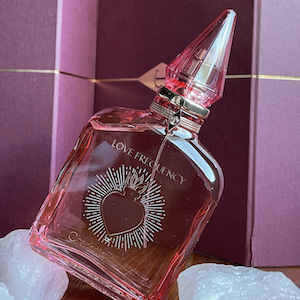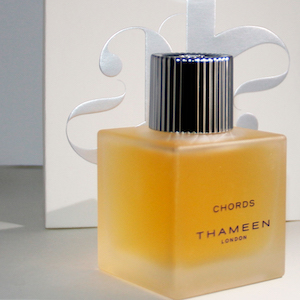To Smell, or not to Smell
By Kuheli Biswas
Let’s talk about disgusting smells. Like the one you probably smelt on public transport last night while coming home from a long day of work or the breath of your colleague right after they ate a salad full of onions. Unpleasant isn’t it? So let’s explore to smell or not to smell
But what is perhaps perceived as foul was once widely accepted as well acceptable as French historian Robert Muchembled will tell you in his new book Smells: A cultural history of odours in early modern times.
In his book, Muchembled explores the evolution of the acceptance of nauseating odours from the renaissance times as it was associated it with general bad hygiene by the mid-19th-century.
Delve into Renaissance Europe, when human sweat was lauded as the peak of sensuality for both the elite and the popular class. And the raw smell of sewage running in the street was widely accepted as a part of life.
Muchembled also extensively discusses in the book the history of fear and forces of evil that influenced generations’ perspective of smell. He describes how the 16th-century French saw women’s perfumes as a gateway to hell as they perceived it as a method of enticing men. From being a symbol of Anointing of Jesus by Mary Magdalene, perfume became a representation of womanhood’s ‘sin’ and its users became analogous to ‘scarlet woman’.
The book also addresses our attraction to musky, fruity and floral smells in modernity that came about as amber, musk and civet became an armour to fight the smell of death during the black plague.

Unlike Patrick Süskind’s brainchild Grenouille in the book Perfume: The story of a murderer, a maniac that murders women and strips away their smells to explore the most irresistible fragrance, this book allows you to indulge in perfume a lot less dangerously but through an exploration of the history and discovery of how we moved away from the smell of humanity and civilizing sweet essence in our daily life.
The prose often resonates with poetic elegance (even after its translation from french by Susan Pickford) making it an interesting read. Muchembled’s in-depth insight into the development of our correlation with various smells across history will make this book an illuminating addition to your spring booklist while the flowers around as start budding.
A cultural history of odours in early modern times.
If you enjoyed this piece why not reading our story, Reading Between the Lines.



